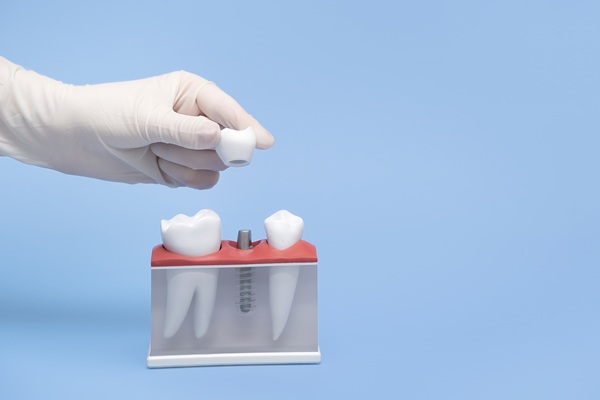How Can I Tell if I Have Gingivitis?

Gingivitis is a disease that causes gums to be inflamed. It can make the gums appear red and puffy, and it may also cause gums to bleed, especially when a person brushes their teeth or bites on something hard such as an apple.
Gingivitis is usually caused by a naturally occurring biofilm called plaque. When plaque builds up in the mouth, the bacteria in it begins to irritate the gums, causing them to swell up and bleed. Gingivitis, while being a non-destructive disease, may lead to a more serious type of gum disease called periodontitis when left untreated. This causes tooth loss in adults.
Three out of four Americans deal with gingivitis during their lifetime and it is a relatively common disease. However, when left untreated gingivitis may develop into periodontitis and may cause tooth loss in adults. While gingivitis is a fairly common disease, the risk of contracting gingivitis is higher in those who smoke cigarettes, have a vitamin-C deficient diet, whose parents have had the disease in the past and those who are older.
There are two classifications of gingivitis, each of them described by the factors involved in contracting the disease. There is plaque-induced gingivitis which is caused by an excessive build-up of plaque and non-plaque-induced gingivitis which can be traced to a number of factors including puberty menstruation, medication and malnutrition.
Symptoms of gingivitis
1. Bad breath
One of the warning signs of gingivitis is constant bad breath. The bacteria build up in the mouth leads to the unpleasant odor.
2. Inflamed gums
One of the tell-tale signs of gingivitis is reddish, swollen gums that are sensitive when touched. The reason this occurs is due to the fact that toxins released by dental plaque tend to irritate the gums.
3. Bleeding gums
Due to the bacteria in plaque, gums may also be more sensitive than usual causing them to bleed when brushing or eating hard foods.
4. Teeth appear longer
When gingivitis occurs, the gums of the person with the disease will often recede which makes teeth appear longer.
5. Loose teeth
Gum recession caused by gingivitis may also lead to pockets or spaces between the teeth and gums. This causes teeth to loosen. Food may also be trapped in these pockets which may lead to an infection.
Most people who contract gingivitis experience at least one, and in some cases, all of these symptoms. Gingivitis is reversible, especially if treated immediately. If you are experiencing these symptoms and feel like you may have gingivitis, call your dentist immediately to schedule an appointment for proper diagnosis and treatment.
What are you waiting for?
Are you considering gingivitis treatments in the Mountain View area? Get more information at https://smilesdental.com.


